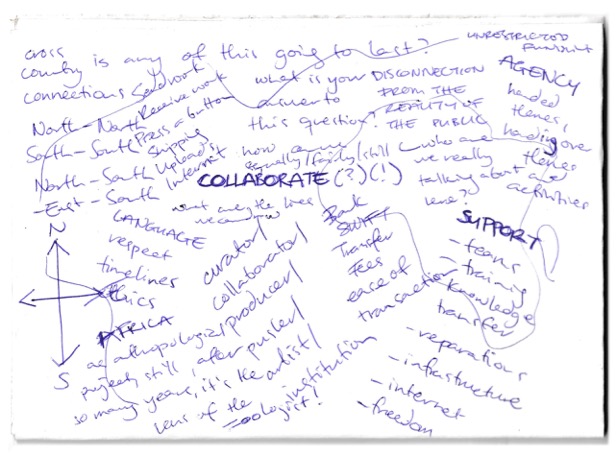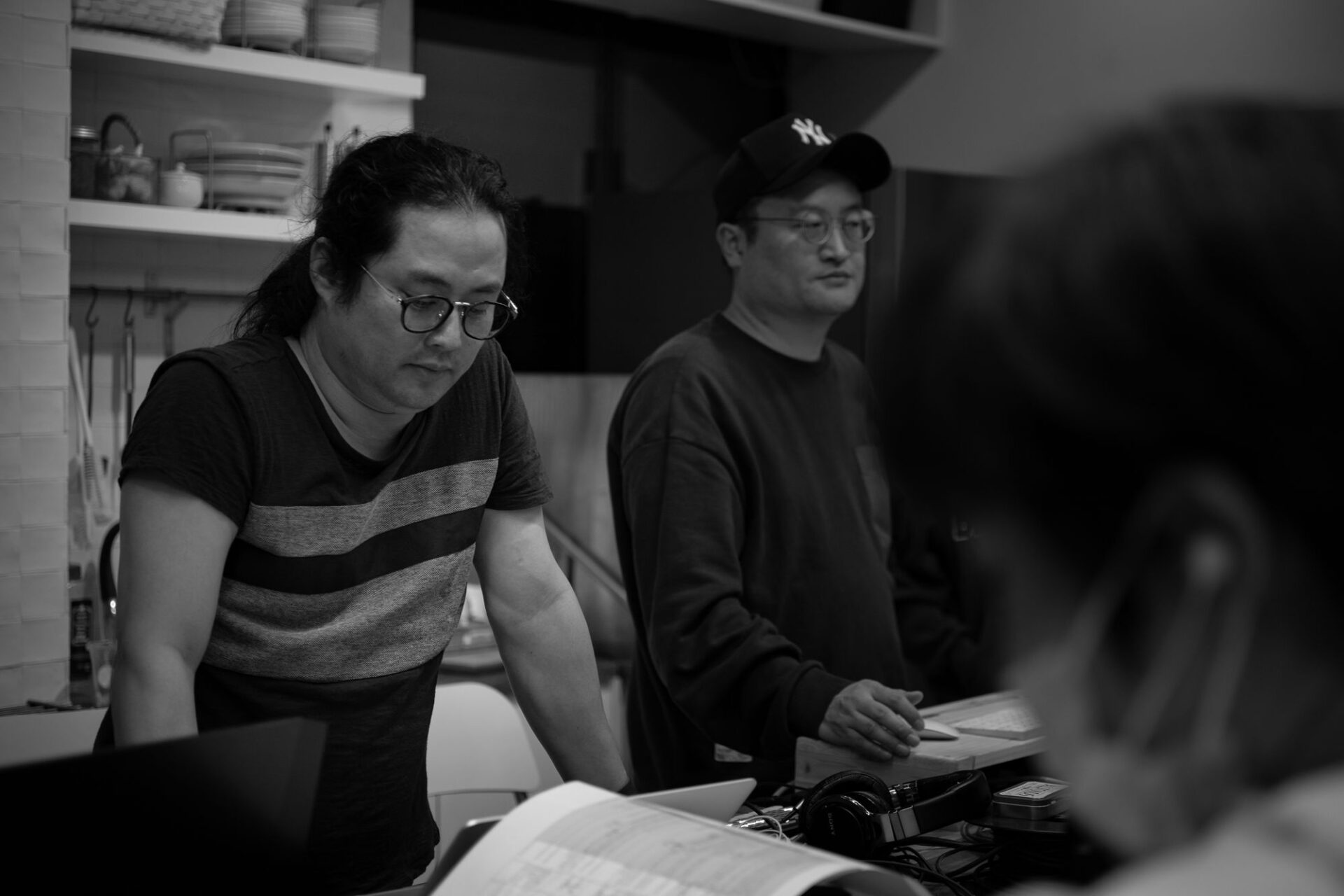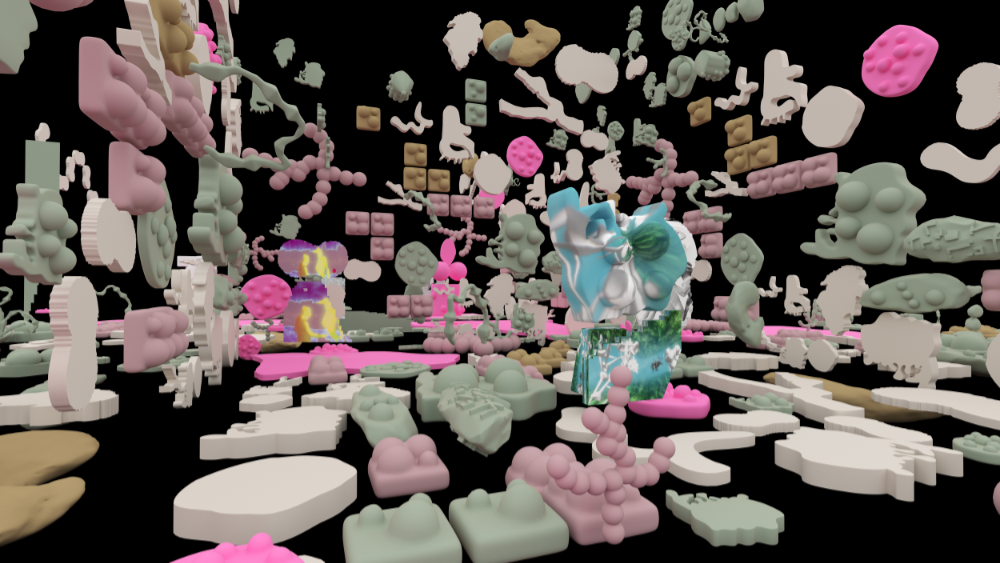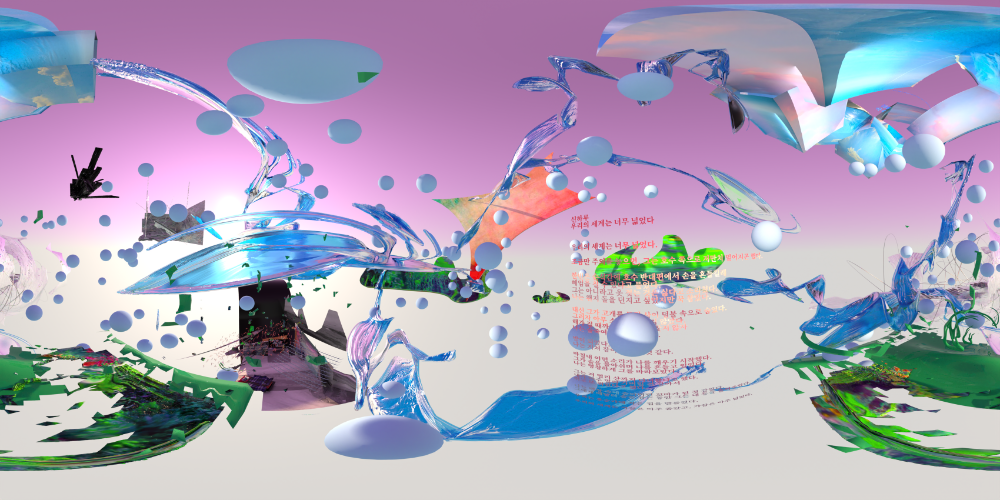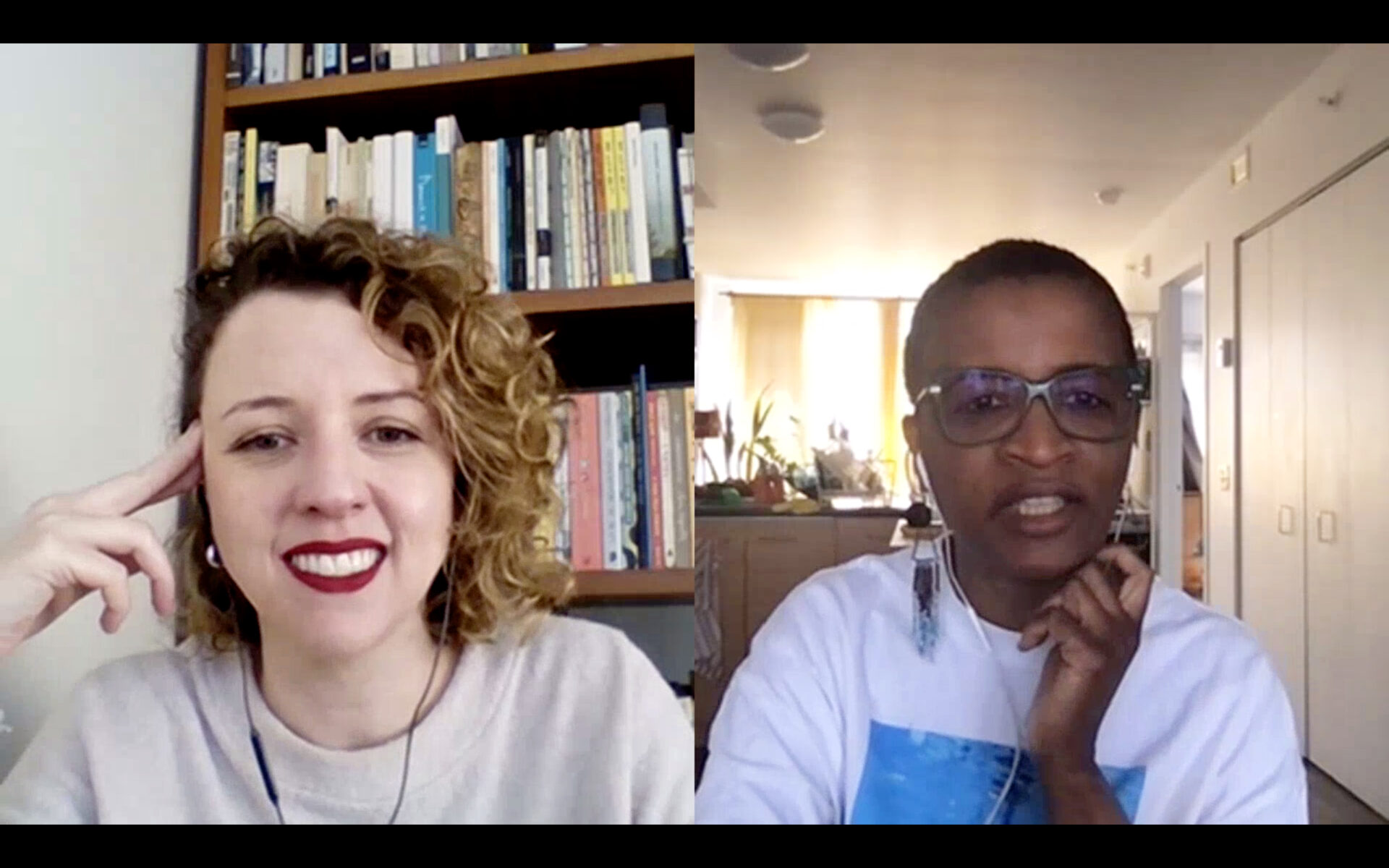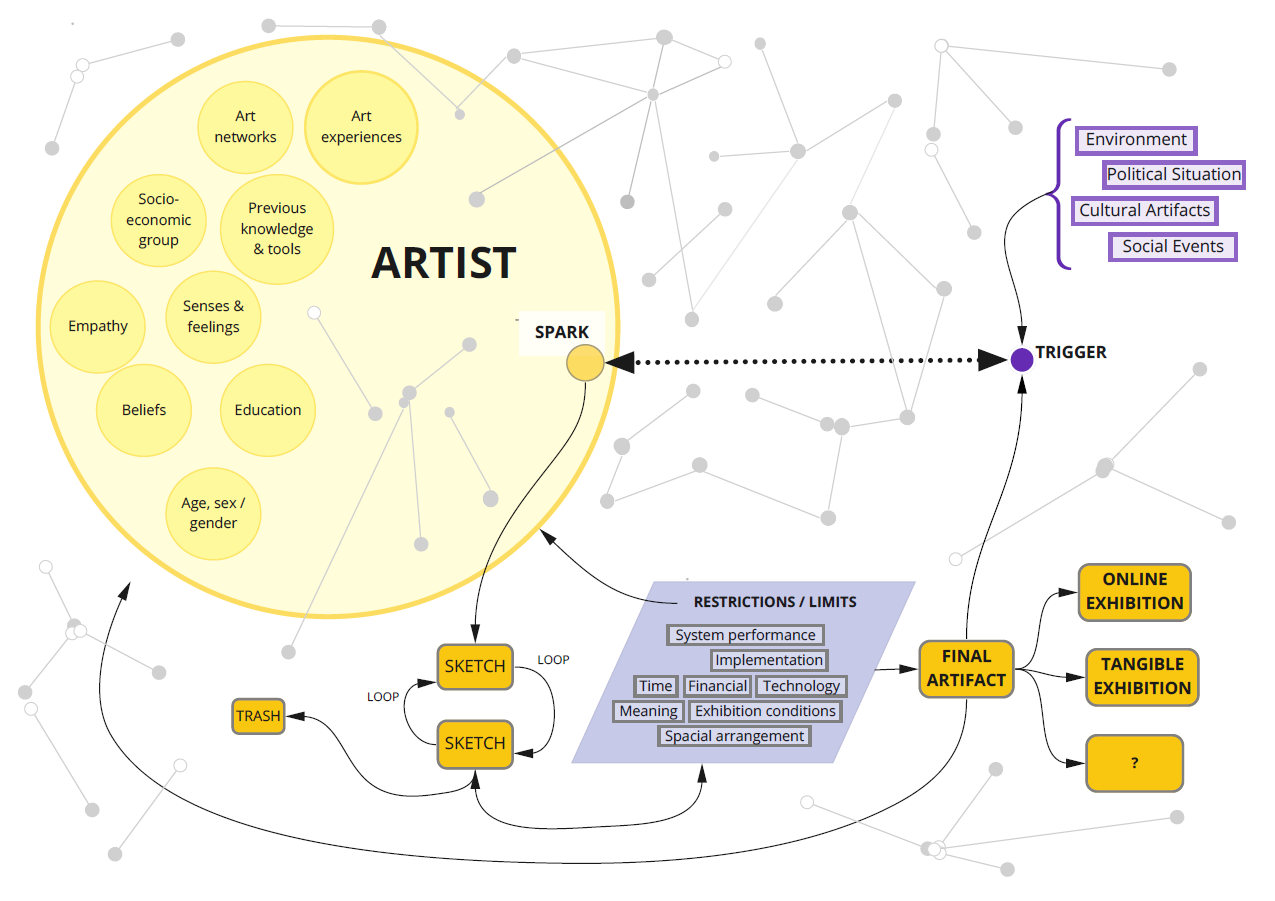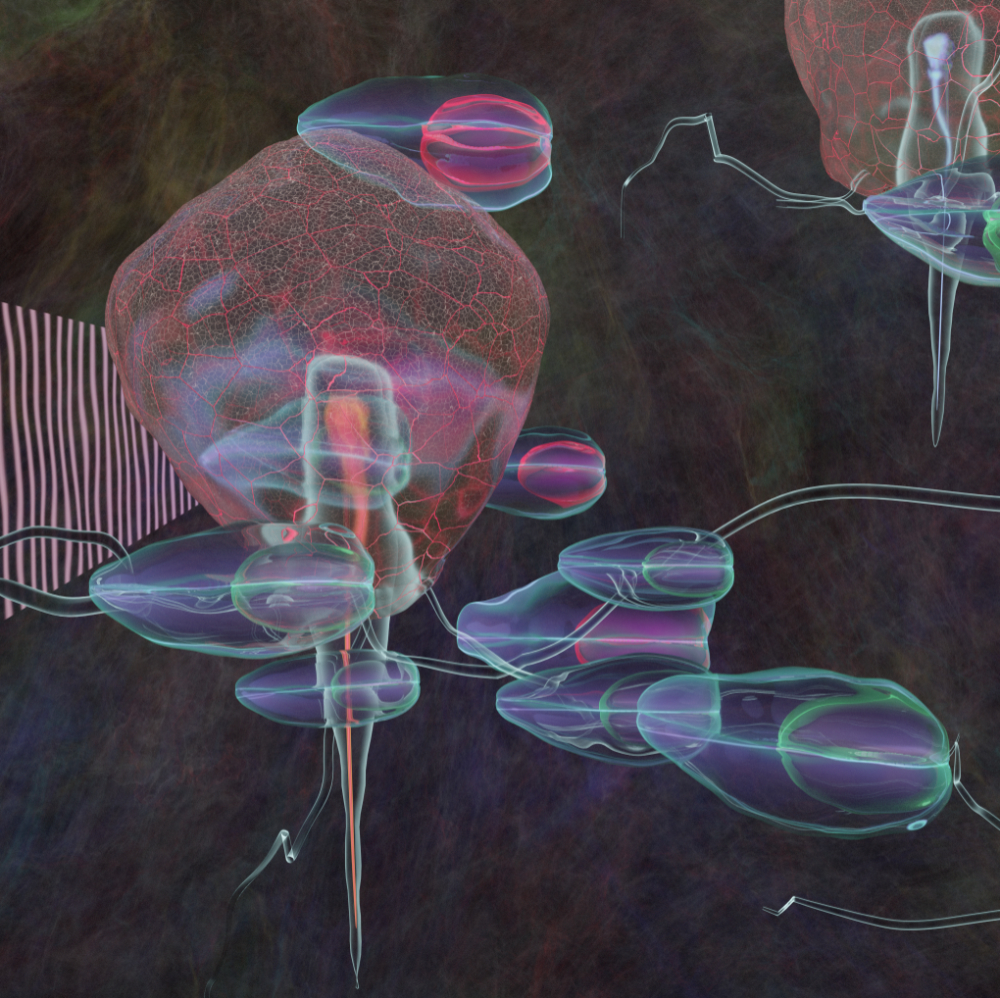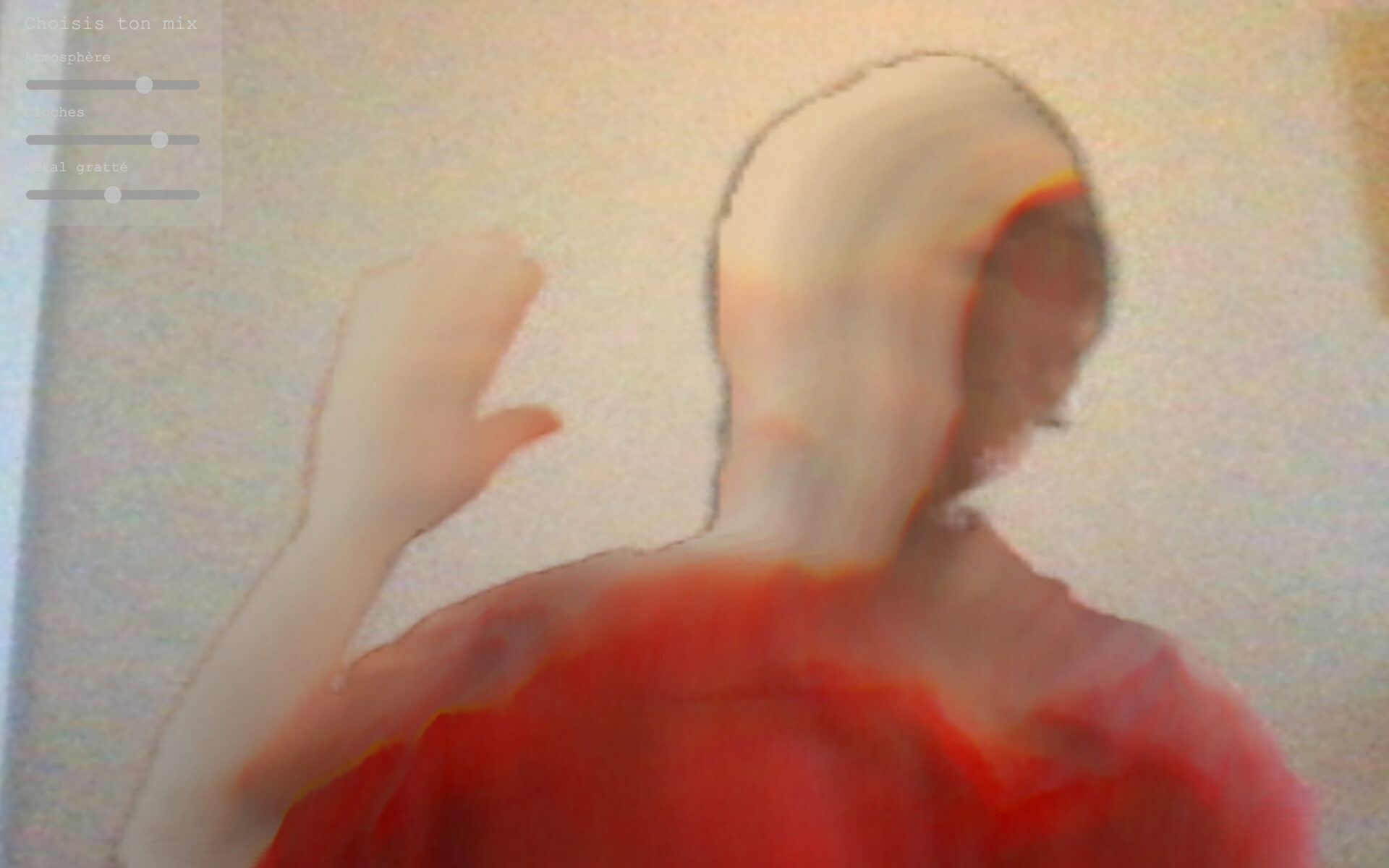We all––those of us who survived––we all just had an intermission, an opportunity to think about ourselves and the way that we do life, work, values, etc. Amidst calamity, grounded flights, closed borders, we received a temporary gift of the pandemic—a reminder to everyone, an awareness of a fact that we forget: we are all actually within reach of each other, physically but also virtually.
Collaborations suddenly became possible (for an artist like myself in Ghana) that would never have been entertained; so much material was made accessible online, individual artists and institutions, grants, workshops, conferences—an incredible setting aside of budgetary considerations, red tape and general highfalutin to allow human to human connection in a time of great upheaval, to cater to the “new normal”. Set afloat in digital space, many teams navigated uncharted territory and the time-space continuum, asking questions about collaboration, representation, intentionality (and intentions), respect, agendas, building organic relationships and allowing for structure (and lack thereof).
Assumptions were made about the Internet, accessibility, language, infrastructure, policy, freedoms, ability, training, technology, access, legal structures, fiscal sponsorships and more. In order to make things work, sometimes there had to be more than just a simple project fee for people in certain environments, there had to be investments in other arts scenes to make the collaborations sustainable over the working period, but also to endure—over months, years, decades. Thankfully there have been many examples of people and institutions taking those careful steps, asking the right questions and aligning themselves with new models.
Now that the intermission appears to be coming to a close, as lockdowns are lifted (and reinstated, and raised again), we sink back into our habitual movements, our customary ways of doing things. Because we are all emotionally, and physically, and mentally and spiritually exhausted from loss, sickness and death, we are tired of being careful, considerate, socially distant; therefore it’s easy to jump straight back into our pre-pandemic habits.
We must keep the memories from this past year, we must not only keep new habits of reaching out, but we must cultivate actions and new behaviours that are respectful, considerate, inclusive until they are automatic. We must not create increasingly artificial boundaries of space and time for ourselves, we must keep a sort of faith in process, in the very act of reaching out. An opening of our minds is required, we should refuse of the pressure to hand out themes and thematics, and instead ask what is needed, ask people to speak for themselves (instead of being interpreted and spoken about, and anthropologized ad nauseum), and to have the courage to ask “how would you like us to work together?”, and then have the integrity to follow through.
